Opel Monza classic cars for sale
The Opel Monza stands as an executive coupé from the late 1970s and early 1980s, merging six-cylinder performance, a refined fastback design and advanced comfort features. Its blend of spaciousness, digital instrumentation and robust engineering makes it a much-discussed favourite among classic car enthusiasts.
Search results
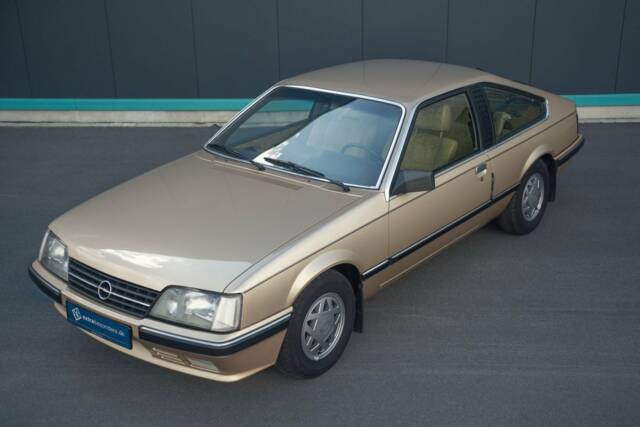
1985 | Opel Monza 2,2
Monza A2 2.2i
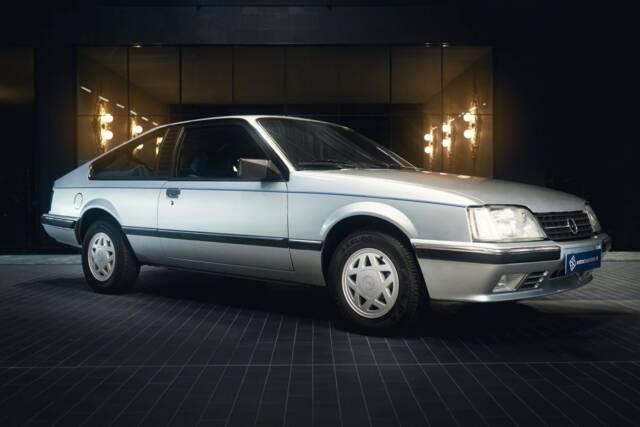
1983 | Opel Monza 3,0 E
Monza 3.0 E
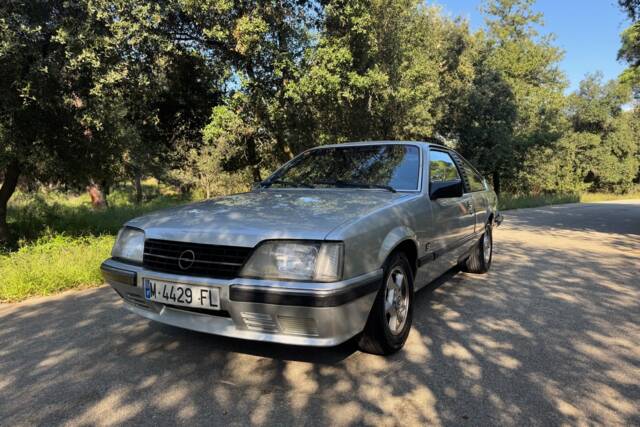
Opel Monza listing references from Classic Trader
Below you will find listings related to your search that are no longer available on Classic Trader. Use this information to gain insight into availability, value trends, and current pricing for a "Opel Monza" to make a more informed purchasing decision.
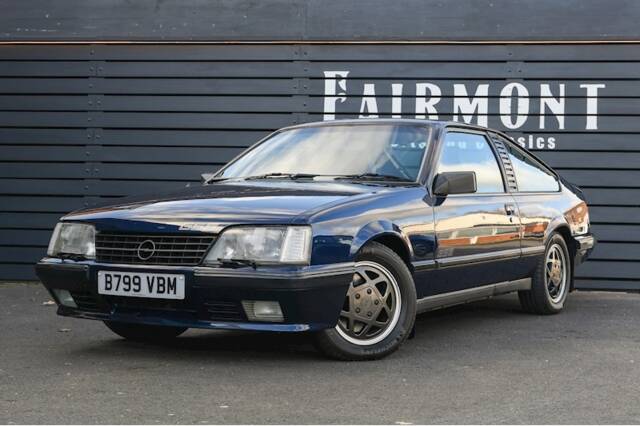
1984 | Opel Monza 3,0
Opel Monza GSE
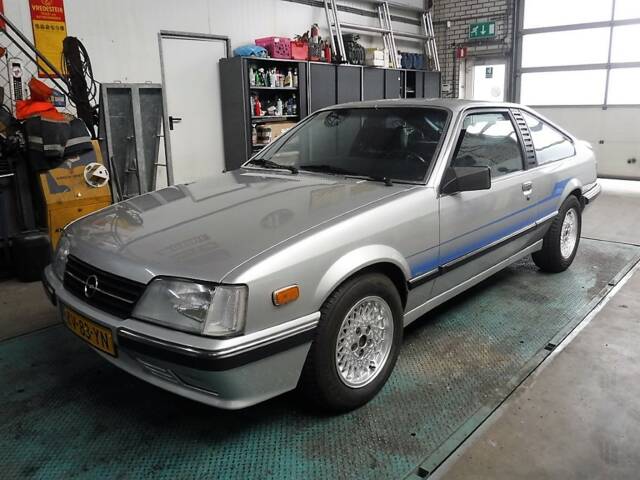
1984 | Opel Monza 2.5 E
Opel-Monza 2.5 E
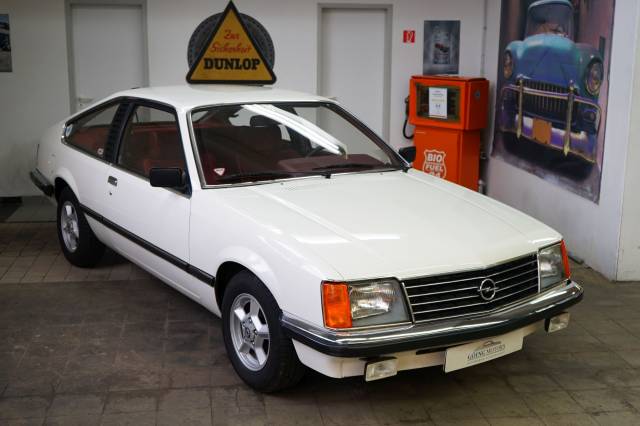
1979 | Opel Monza 2,8
Aus einer Familie
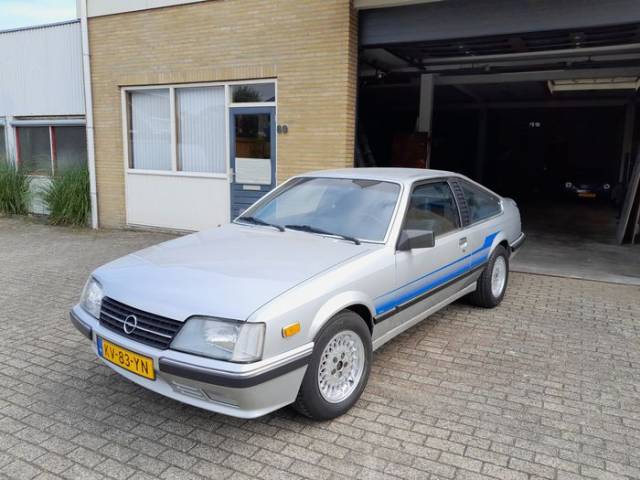
1984 | Opel Monza 2.5 E
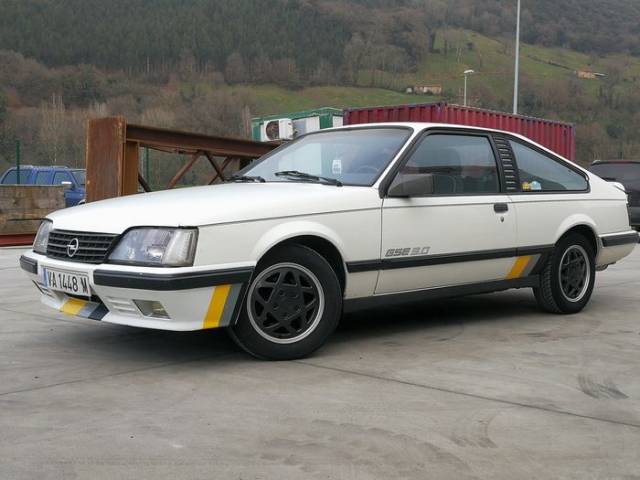
1985 | Opel Monza 3,0
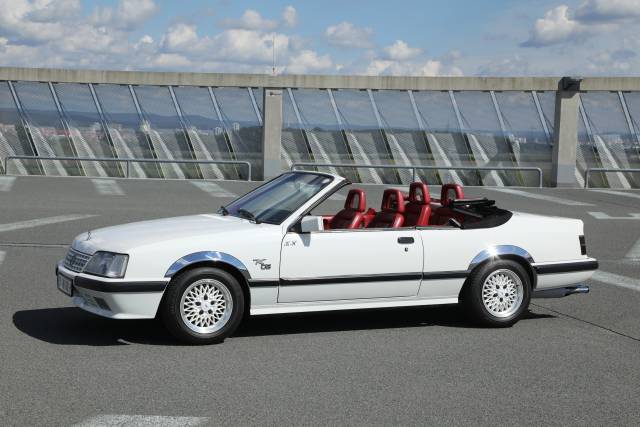
1985 | Opel Monza Keinath KC 5
Einer von wenigen....sehr selten
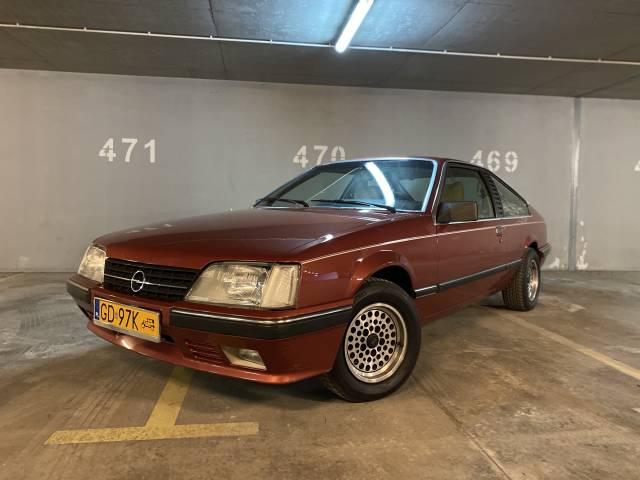
1983 | Opel Monza 3,0 E
Swiss car | Good condition | Automatic | Board computer | ATS
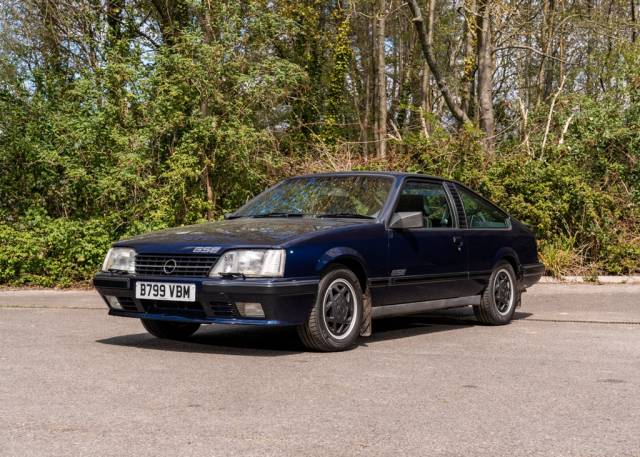
1984 | Opel Monza 3,0
Opel Monza GSE
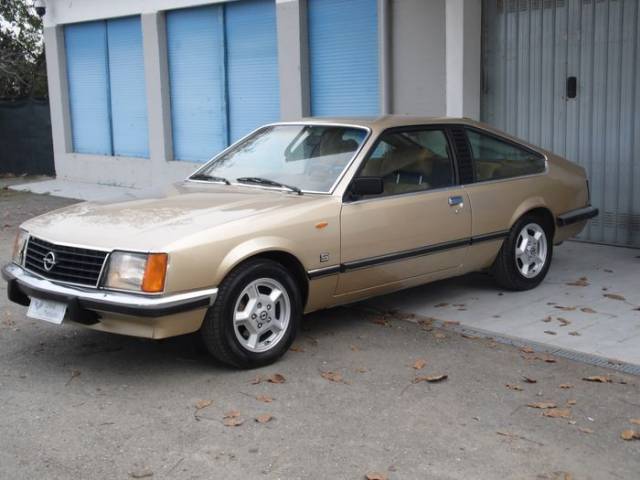
1979 | Opel Monza 3,0
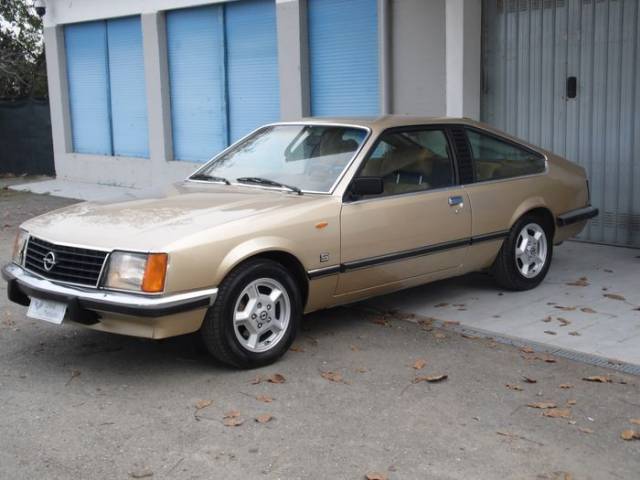
1979 | Opel Monza 3,0
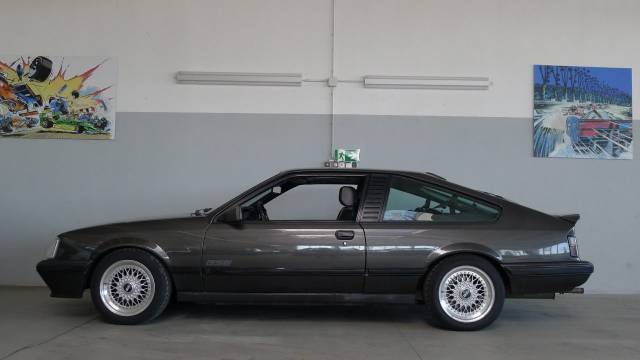
1985 | Opel Monza 3,0 E
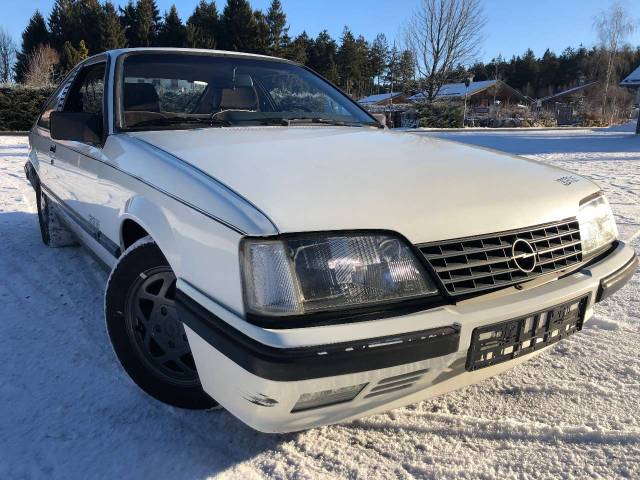
1985 | Opel Monza 3,0
Opel Monza TÜV neu
Opel Monza Classic Cars: Prices & Market Values
History of the Opel Monza
Introduced in 1978 as the successor to the Opel Commodore, the Monza presented Opel’s vision for a luxurious coupé built on the Senator platform. Over its production lifespan, up to 1986, around 46,000 units were manufactured. The Monza quickly earned a name as a flagship fastback for Opel, offering modern passenger comfort and a strong six-cylinder performance. It was also marketed in the UK as the Vauxhall Royale Coupé, highlighting its pan-European aspirations. Designed to combine driving dynamics and everyday usability, the Monza gained a solid reputation as a grand tourer, particularly when equipped with higher specification engines and extensive standard equipment.
Model History
The Opel Monza followed directly from the Opel Commodore and was based on the same technical platform as the Opel Senator. Initially launched as the Monza A1 in 1978, it received a thorough update to become the Monza A2 in 1982, featuring revised exterior styling and technical refinements. The model line was ultimately discontinued in 1986, with no direct coupé replacement in Opel's line-up, consolidating its status as a distinctive representative of Opel’s prestige efforts in the 1980s.
Highlights of the Opel Monza
The Monza stood out as one of the most technical advanced Opels of its decade, introducing a digital dashboard ('Mäusekino'), on-board computer and climate control in a German coupé. The GSE trim featured sporty Recaro seats, unique interior materials, and black-matt exterior accents. With independent suspension, optional limited-slip differential, and high-grade alloy wheels, Monza models balanced comfort with dynamic handling. Later variants offered ABS and a 5-speed manual transmission. The Monza’s typical metallic and solid colour options – from gold and blue to grey – remain highly recognisable, while accessory brands like Mantzel and Mattig supported a wide variety of aftermarket upgrades.
Technical Data
Special Editions and Collectible Models
The Monza GSE holds special status due to its sportier focus, with Recaro seats, a distinctive black-matt decor and additional performance add-ons as standard. Further, tuning specialists such as Mantzel and Mattig offered period kits, allowing the addition of custom spoilers and chassis upgrades. Some models were equipped with limited-slip differentials and ABS, highly unusual in the segment at the time.
Weak Spots and Common Issues
The Monza is vulnerable to rust, especially around the front strut domes, sills, rear arches, door bottoms and around the headlights. Over time, defective gas struts can lead to a boot lid that no longer stays open. The dashboards are also prone to cracking from sun exposure, and replacements are becoming scarce. While engines are durable, high fuel consumption in the 2.5 E variant and the potential for abuse or intrusive modifications mean careful inspection is necessary. Original interior and body parts, especially panels, have become hard to source. However, many components are shared with Senators and Rekords, making basic mechanical maintenance straightforward.
Engine and Performance, Transmission and Handling
Top Monza versions feature the 3.0 E engine, known for its torque and smoothness, achieving up to 180 PS and a maximum speed of 202 km/h. The sporty chassis, rear-wheel drive and available limited-slip differential give the Monza capable road manners, especially when paired with the five-speed manual transmission. Suspension upgrades from period specialists like Mattig and Koni, as well as performance air filters, further underline the Monza’s technical adaptability for enthusiasts. Popular technical variants include the Monza 3.0 E, praised for its strong, smooth power delivery; the GSE, noted for its comprehensive sport package and digital dash; and custom builds with Mantzel or Mattig upgrades for handling and appearance improvements.
Interior, Comfort, Exterior and Design
Designed as an executive coupé, the Monza combines sweeping fastback lines with a spacious four-seater interior. Special features like the digital dashboard, green-tinted thermal insulation glass and climate control set it apart from period rivals. GSE models add Recaro sports seats, black-matt trim, and unique steering wheels from Momo. Factory and aftermarket alloys like BBS and ATS ‘Pepperpot’ designs emphasise the sporty coupé theme. A wide range of original and optional interior fabrics and exterior paint choices, including metallic and striking uni colours, mark out well-kept Monzas. Accessories such as a central locking system and electric mirrors were standard or common options, further cementing its top-market appeal in its day.
Other Information
The Monza frequently enjoyed detailed documentation, as many examples have retained original user manuals and service books. The model also benefits from an active scene in Germany and central Europe, helping owners trace rare spare parts and specialist know-how. Due to continued interest, a solid network exists for technical support via online forums and clubs.
Summary
The Opel Monza impresses with its mix of luxury, genuine six-cylinder performance and technological boldness. Standout features include the digital cockpit, robust engines and roomy fastback body. Rust and scarce trim parts are the main hurdles for preservation. Yet the Monza’s lasting popularity, particularly for the A2 series, is strongly supported by ongoing demand and an active community.


